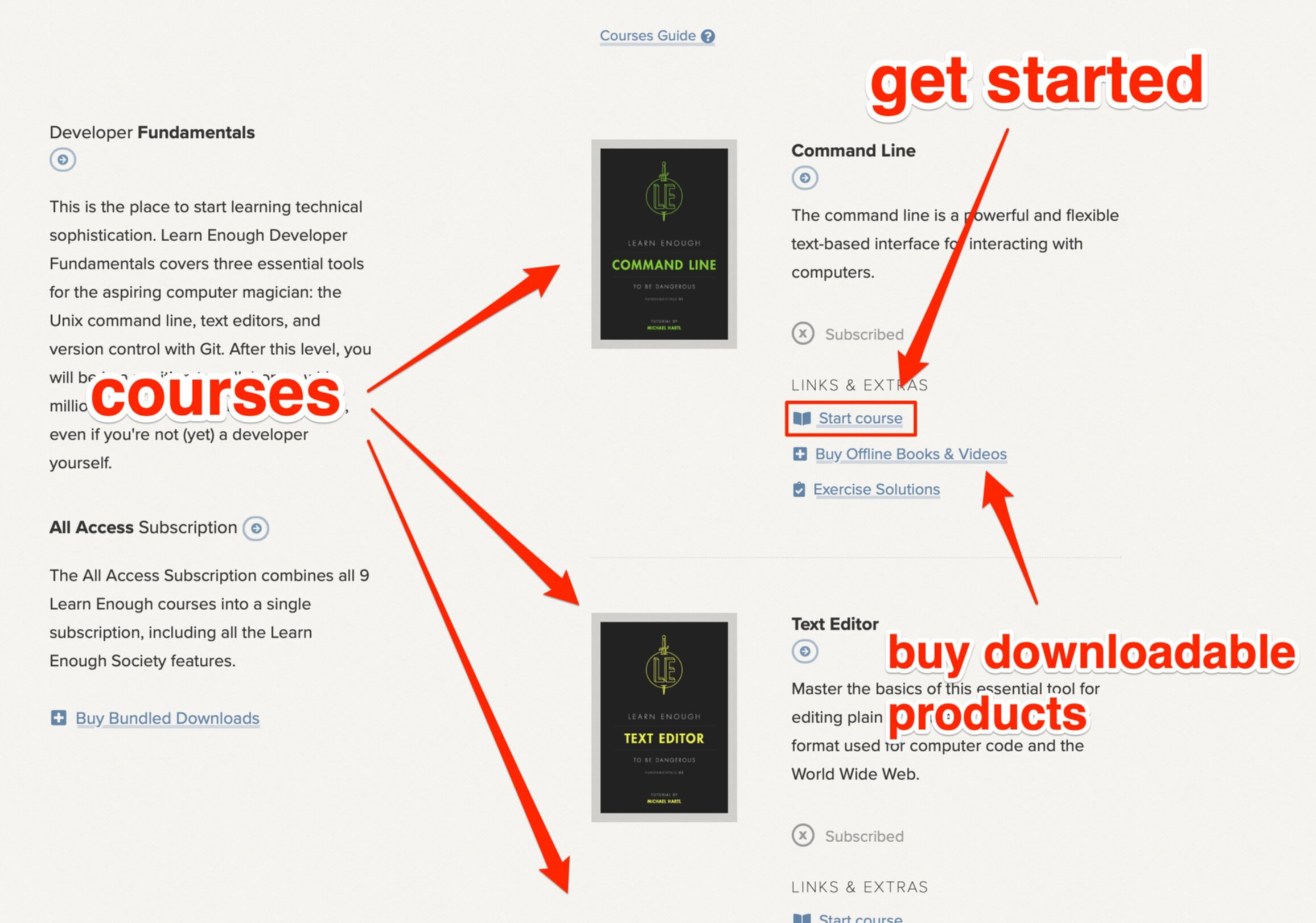
10 Companies Using Python In 2024 & Why It's Their Go-To
Released in 1991, Python has been around for decades, consistently holding its own atop the programming language food chain, despite some hefty competition.
Its ease of use and versatility makes it a primary language among web developers. As a result, companies that use Python now enjoy support from vast code libraries and corporate sponsors who lovingly use Python, and have done for years.
Because of its efficiency and flexibility for web apps and diverse data science, logging, and AI applications, thousands of companies use Python, even in 2024.
In the TIOBE Index report, Python ranked as the most popular programming language, with good ol' C coming in second—another preferred language that's now also decades old.
One key to its popularity is the wide range of high-paying career paths Python presents. Watch the following video from Codebasics to learn more.
So, why is it that these programming languages (and Python language in particular) have been around for so long, yet still maintain their popularity with data science labs and web devs (and the companies that employ them) around the globe?
In this article, we'll take a look at some household-name companies using Python in 2024, and we'll try to understand why they still choose Python as their go-to programming option.
1. Google: scalability, automation, AI, and data management
By far one of the largest and most well-known companies on the list, Google uses Python across a diverse spread of applications and has done so since its fledgling years as a company.
In fact, the creator of Python himself, Guido Van Rossum, worked at Google from 2005 to 2012, while he continued to develop the language that was, by then, a global phenomenon.
Google's devs use Python, a flexible object-oriented language, across the board in Google's:
build system
app engines, search engines, and recommendation engines
system automation
data analysis and reporting
internet packing format
robotics projects
artificial intelligence and machine learning algorithms
and more.
Google (including YouTube and all the names under Google's umbrella) is a testament to how Python's scalable, adjustable nature makes it an ideal fit for state-of-the-art web operations, no matter how monumental the scale.

2. Netflix: data science and data reports
Netflix is another household name that uses Python in many facets of its operations.
In selecting a programming language, Netflix devs knew that data analysis would be crucial to the platform's recommendation algorithm; and data learning, analysis, and reporting are all areas where Python sings.
Python is also used in Netflix's:
2.1 Backend services
Netflix's web services and APIs are built using Python.
2.2 Content Distribution Network
Python powers Netflix's Open Connect, which helps improve user experience where there is high traffic over a transit provider.
2.3 Animation and VFX
This subset of Netflix uses Python for animations and video effects.

3. Glovo: data learning and dynamic semantics
Glovo is a start-up company that specializes in on-demand courier services, and it uses Python in the backend development for its mobile app.
Operating in over 25 countries, Glovo is most popular for its food delivery service. It's one of 6200+ global companies that use Python currently, on account of the language's vast data science applications, dynamic semantics, and more.
Glovo (along with Instacart and a range of companies with similar profiles) utilizes extensive Python libraries and the talented Python developer pool to make magic with Python's framework.
Python's impressive data science functions enable the company's workflow automation system, allowing Glovo algorithms to track orders, plan routes, and assign the ideal courier to your order.
4. Tinder: scalability, flexibility, machine-learning
Once a small start-up (way back in 2012), Tinder has exploded into an online dating giant that 75 monthly million users enjoy, but prefer to deny—and Python plays a big role in that growth.
Tinder relies on Python to maintain a top-tier, user-friendly interface and perform machine learning tasks throughout its active AI ecosystem.
Like Instagram (and Instagram chose Python too), Tinder collects a lot of information about its users, including swipes, likes, and messages. Python is then used to evaluate this data and learn about user behavior, preferences, and trends.
Its AI-friendly framework and developer-friendly nature help Python improve the app's user-matching algorithms, making it a key part of their entire tech stack.
5. Opendoor: business logic and algorithm training
Digital real estate solutions have catapulted onto the scene in recent years, making it easier and faster for people to buy and sell residential real estate.
Many companies provide online listings and virtual touring options, while services like Opendoor allow for streamlined digital transactions. Real estate recruiters have also embraced digital strategies, leveraging technology to match qualified buyers and sellers more efficiently.
Opendoor streamlines the process for buyers and sellers by making instant cash offers and taking care of deal-closing processes, even offering financing through its mobile applications.
But, like so many companies that use Python, it couldn't have reached its current status without the help of the Python programming language.
Opendoor's backend ML system applies Python language to train its algorithms, utilizing a wide range of relevant data. Python's code readability makes this easy to muster in an orderly and timely manner, even on a massive scale.
6. Reddit: UX, and infrastructure automation
Launched in 2005, Reddit has grown year over year since its inception, and it uses Python programming to ensure its thousands of Subreddits have adaptable and exceptional user interfaces.
In order to maintain features during its years of exponential growth, Reddit made the switch from LISP to Python and never looked back.
It's no doubt a popular language among Reddit's users as well, as the Python Subreddit has over 1 million members—all of whom obviously use Python!
Reddit's operations depend heavily on Python interface and backend functions, and operations from infrastructure automation and API development to data analytics and content moderation all utilize Python as well.

7. Amazon: web frameworks, big data, and security automation
Amazon, like Google, is one of the most impressive international companies using Python on almost every level of its operations.
Backend web development, server-side code, data processing, and Python can do it all, but its ability to handle big data is why Amazon decided to implement it into their platform. Python's big data functionality is what makes Amazon's search results efficiently user targeted and catered to specific product needs.
Amazon's web applications, including its website and cloud services, such as Amazon Web Services (AWS), are built with Python-based web frameworks, including Django and Flask.
Python is a popular web development language because it is simple to learn, flexible, and has a large library of modules and packages. Many tech companies have invested in Python developers thanks to Python's wildly successful Amazon data management applications.
8. Salesforce: CRM AI, business logic, and scripting
Salesforce is a leading company in customer relationship management, offering online businesses all sorts of sales-driven insights, analytics, and CRM optimization features.
Python is used in several elements of Salesforce's technological stack, including:
8.1 Scripting
Salesforce uses Python to create scripts that automate administrative operations, including creating and editing records, maintaining user rights, and automating workflows. Incorporating Salesforce services into this mix enhances the CRM's functionality, leveraging Python's capabilities for more efficient data processing and customer relationship management.
8.2 Data science and machine learning
Python is used by Salesforce for data gathering, machine learning, and artificial intelligence processes.
Salesforce, as well as other Salesforce alternatives, use Python's sophisticated libraries, including NumPy, Pandas, and Scikit-learn, to develop predictive models, analyze data, and gain powerful, actionable insights into consumer behavior

9. Datadog: data capture, analysis, and integrations
Organizations can gather and examine data from their IT infrastructures, applications, and logs using the monitoring and analytics platform, Datadog. One of the main programming languages employed by Datadog is—you guessed it—Python.
Here are some examples of how Datadog uses Python:
9.1 Integrations
Datadog features over 400 technology integrations, including cloud platforms, databases, and messaging applications. Several of these integrations are developed using Python, and users can develop their own Python integrations as well.
9.2 Open-source agent
Datadog offers a Python-based open-source agent that runs on servers and gathers metrics, traces, and logs from infrastructure and applications. Python libraries are used by the agent to instrument programs and gather data.
10. Spotify: web framework, web development, machine learning, and scalability
Spotify, the company that revolutionized how we listen to and store our music, uses Python for most of its development operations.
Furthermore, Spotify is one of the main sponsors for Python conferences around the world—a testament to how much they value it as a core language.
Spotify uses Python in a variety of ways, including the development and maintenance of its backend infrastructure, data analysis, and machine learning jobs, testing and quality assurance, and the development of Python-based websites, web applications, and services.
Python is critical to Spotify's ability to provide individualized suggestions to consumers, increase the quality of its services, and construct a secure and scalable infrastructure. Similarly, web development services play a pivotal role in creating robust and scalable digital solutions, leveraging languages like Python to build dynamic, efficient, and user-friendly web applications tailored to meet diverse business needs.

Final thoughts on Python programming language
Python has grown in favor among companies because of its ease of use, robust adaptability, and wide range of functions.
The language boasts a simple syntax that makes it easy to learn and use for both experienced and inexperienced programmers, even with only a basic knowledge of coding.
Python is a versatile language, capable of handling a wide range of tasks, from software development, web development, and process automation to big data, machine learning, and dynamic semantics.
If you've ever considered learning Python, there's no better time than now, as the need for developers familiar with the language is still growing, even in 2024.
If you’re an aspiring Python dev who’s wondering where to start, we recommend “Learn Enough Python To Be Dangerous,” a comprehensive 450-page all-in beginners course with 9 hours of embedded videos and over 100 empowering Python exercises.
About Learn Enough
At Learn Enough, we provide carefully designed courses to take you from a beginner to a professional-grade analyst or developer.
Every Learn Enough All Access subscription includes Learn Enough Python To Be Dangerous, our leading introduction to Python applications, analysis, and development.
If you manage a team of analysts and developers, Learn Enough for Teams boosts the skills of your juniors and gets your seniors quickly up to speed with the latest versions of Python, Ruby on Rails, and more.
Start your all-access 7-day free trial today!
All Access Subscription
Get free access to all 10 Learn Enough courses (including the Ruby on Rails Tutorial) for 7 days!
Free 7 Day trial details
We require a credit card for security purposes, but it will not be charged during the trial period. After 7 days, you will be enrolled automatically in the monthly All Access subscription.
BUT you can cancel any time and still get the rest of the 7 days for free!
All Learn Enough tutorials come with a 60-day 100% money-back guarantee.











